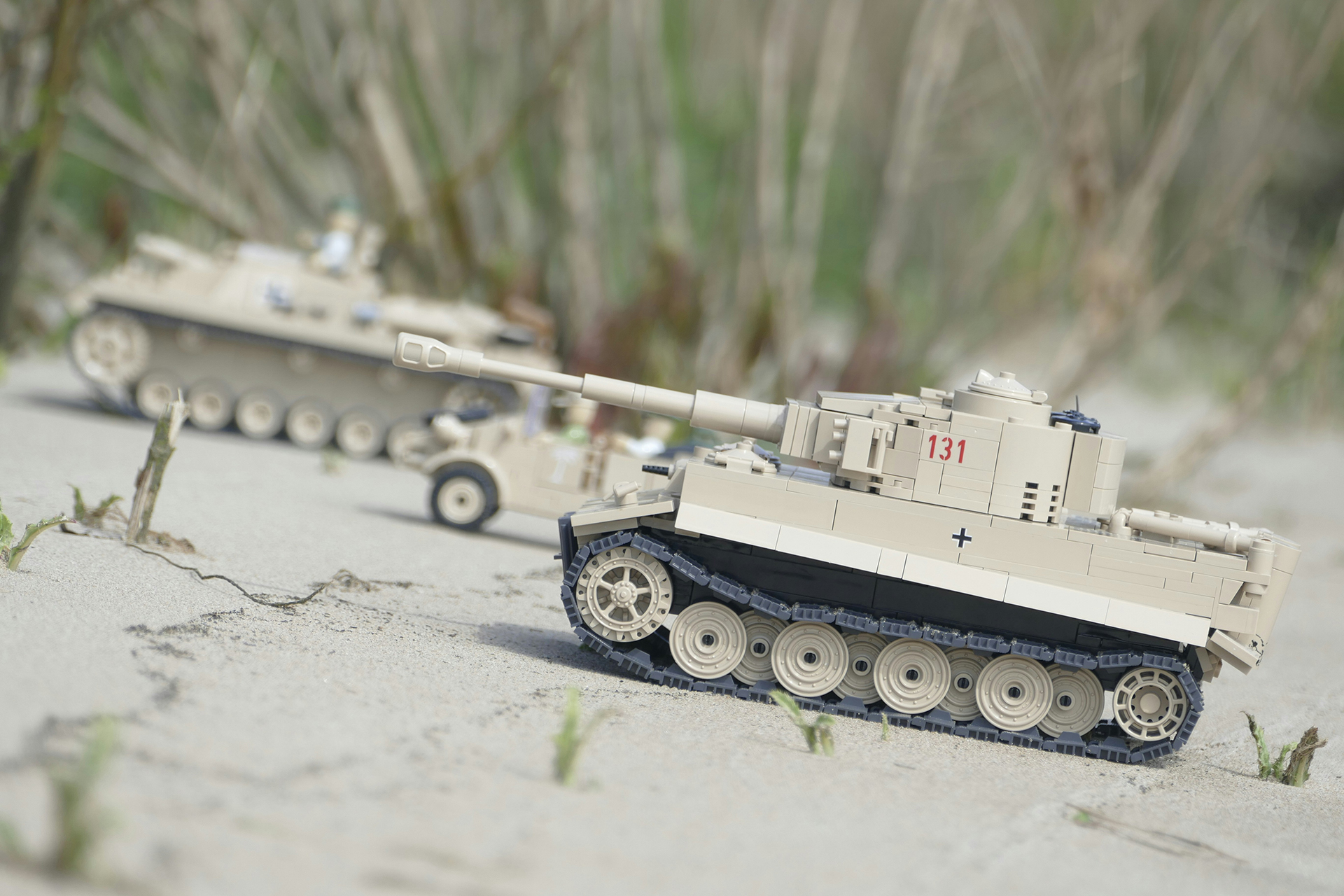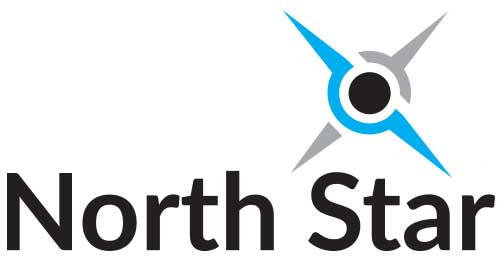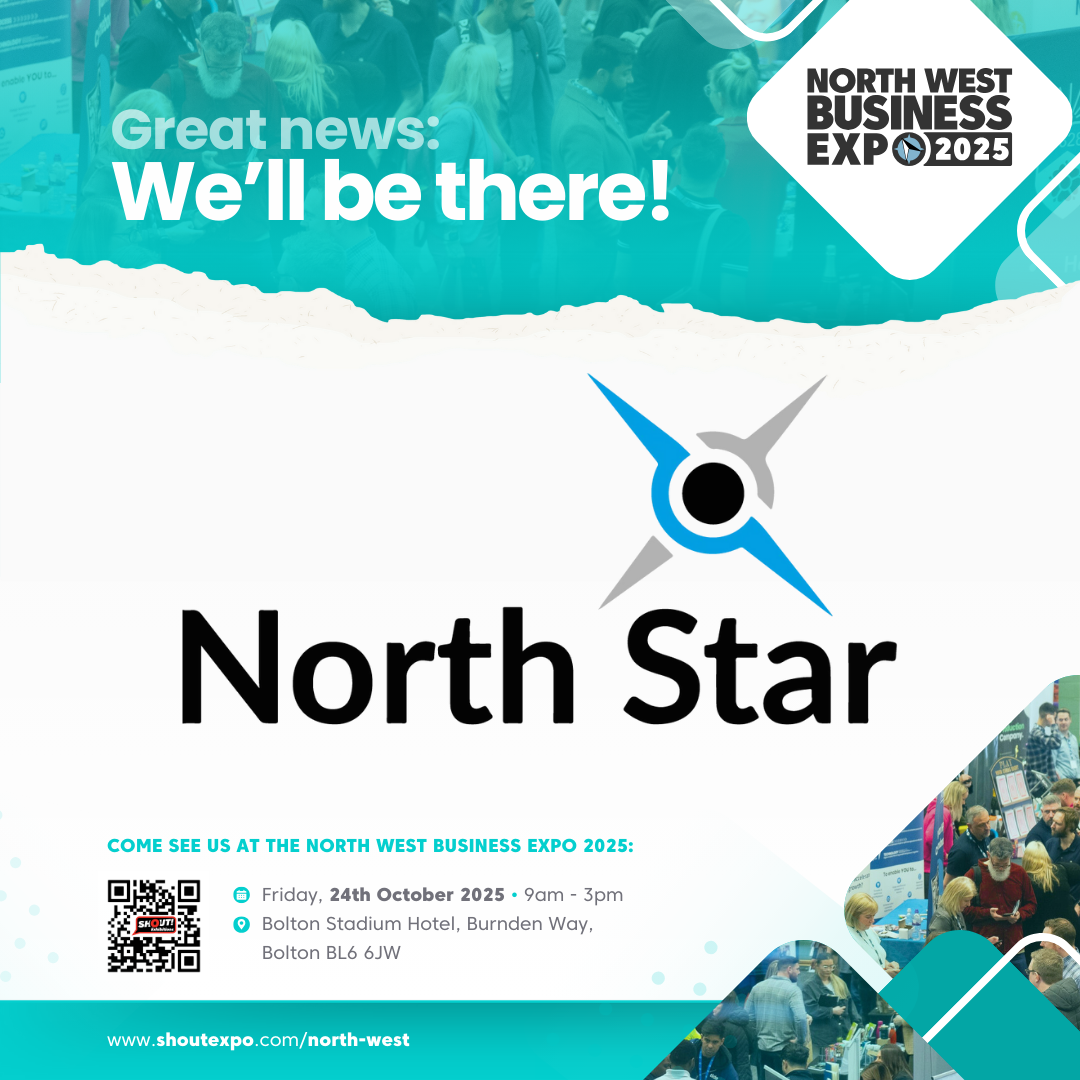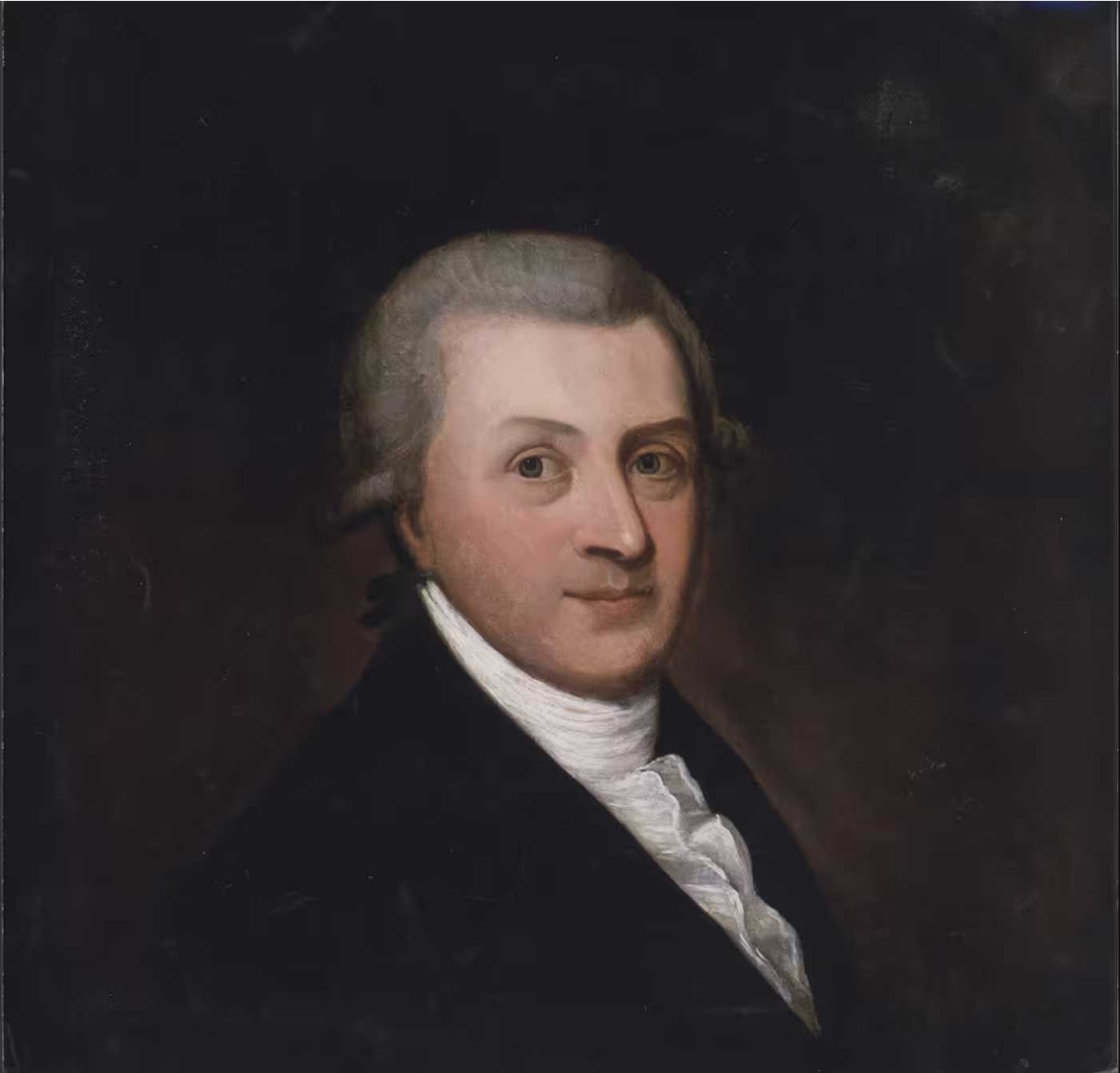
Translating Military Skills into Project Management & Operations
From Service to Success
The Purpose
To help Service Leavers and Veterans recognise that Project Management and Operations aren’t new worlds – they’re new languages for familiar skills.
Leaving the Armed Forces is a major life transition, but stepping into a civilian career shouldn’t feel like starting from scratch. What many Service Leavers don’t realise is that they’re already equipped with some of the most in-demand skills in modern business: leadership, discipline, teamwork, planning, resilience, and the ability to operate under pressure.
We see it first-hand.
At North Star Projects, we help organisations deliver complex warehouse builds, ERP transformations, logistics redesigns and operational change. And time after time, we meet Veterans who underestimate just how valuable their experience is outside the military environment.
The truth is simple:
Project Management and Operations aren’t new worlds — they’re new languages for skills you already have.
So, Why does Military Experience Translate Perfectly to Project Management & Operations?
Whether you’ve completed deployments, run training, coordinated logistics, or managed teams — you’ve already done 80% of what businesses need in effective project delivery.
You might not call it a RAID log, a governance framework, or operational cadence, but in practice you’ve been doing those things for years.

Key Insights
- Translation, not reinvention. You already understand planning, delivery, assurance, and leadership. You just need to communicate them in business language.
- Soft skills drive success. Discipline, dependability, teamwork, and adaptability are the foundations of delivery excellence.
- The biggest learning curve is understanding context – commercial pressures, customer expectations, and communication styles.
- Qualifications help, but they don’t define you. The most effective Project Managers and Operations professionals are the ones who think critically, communicate clearly, and lead confidently.
Top Transition Tips
- Reframe your experience in commercial terms (e.g. “managed deployments” → “led multimodal logistics projects”).
- It’s not dumbing down — it’s translating.
- Learn the basic terminology of delivery
- Words like stakeholders, value, risk, outcomes, change… you already understand the concepts.
- Network early
- CTP, LinkedIn, Forces Transition Group — these communities open doors.
- Don’t over-focus on qualifications
- your discipline and dependability are your differentiators.
- Keep learning
- Every project, every role, every conversation builds confidence in your adaptability.
- Consider Professionalising your experience
- Getting accreditations such as APM, IoL, CMI, IoSCM, ILM, CILT, etc. can go a long way
Skills Translation Framework
Here’s how military skills map directly to business delivery:
| MILITARY SKILL | PROJECT MANAGEMENT / OPS EQUIVALENT | CIVILLIAN VALUE |
|---|---|---|
| Command & Control | Governance & Assurance | Leadership & Oversight |
| Risk Assessment | RAID Log Management | Anticipation & Mitigation of Risk |
| Battle Rhythm | Reporting Candence | Reliable Communication & Progress Tracking |
| Orders Process | Project Documentation | Structured & Clear Planning |
| Chain of Command | Stakeholder Hierarchy | Clear Accountability & Reporting |
| Tasking Chain | Resource Planning | Allocation & Coordination of Effort |
| Request for Change | Change Control | Managing Evolving Requirements |
| Lessons Identified | Continuous Improvement | Learning & Process Refinement |
| Operational Cycle | Iterative Development | Adaptive, Phased Delivery |
| Operational Output | Business Deliverables | Tangible Outcomes that Deliver Value |
Staff Functions to Projects & Operations Functions
| MILITARY FUNCTION (J1 – J9) | PROJECT / OPERATIONS EQUIVALENT | DESCRIPTION / APPLICATION |
|---|---|---|
| J1 – Personnel & Admin | Human Resources / Workforce Planning | Recruiting, onboarding, welfare, and workforce management all map to HR and People Ops roles |
| J2 – Intelligence / Security | Information Assurance / Site Security | Intelligence and situational awareness equate to risk analysis, data management, and assurance |
| J3 – Operations | Project Delivery & Execution | Coordinating activities, allocating resources, and achieving outcomes – the core of project management |
| J4 – Logistics | Supply Chain / Procurement / Facilities | Managing suppliers, inventory, transport, and assets directly translate into logistics or operations management |
| J5 – Plans | Project Planning / Governance | Gnatt charts, dependencies, milestones – you’ve done this in every exercise or operation |
| J6 – Communications & IT | Information Systems / Stakeholder Comms | Managing systems, ensuring comms continuity, and keeping stakeholders informed |
| J7 – Training | Learning & Development / Change Enablement | Instruction, mentoring, and readiness activities become training design or change management |
| J8 – Finance & Resources | Budget Control / Cost Management | Resource allocation and budget forecasting align with CAPEX, OPEX and financial governance |
| J9 – Civil-Military Cooperation | Stakeholder Engagement / Corporate Relations | Working with partners, communities, and agencies mirrors client, contractor, and public engagement roles |
These aren’t new skills — just new terminology.
And once you learn the “language of delivery”, companies suddenly understand the depth of expertise you offer.

The Real Barrier? Translation, Not Capability.
What we see consistently among Service Leavers is this:
You don’t need to reinvent yourself. You just need help translating your experience into commercial terms.
For example:
- “Led troop movements across multiple locations” becomes: “Delivered multimodal logistics operations under high-pressure conditions.”
- “Ran training exercises for unit readiness” becomes: “Designed and delivered learning programmes to increase organisational capability.”
- “Coordinated joint operations with partner forces” becomes: “Managed cross-functional delivery teams and external stakeholder relationships.”
This is where many Veterans get stuck – not because they can’t do the jobs, but because they don’t know how to explain what they already know.
What Employers Are Really Looking For
Yes, qualifications help (APM, PRINCE2, CMI, ILM, etc.) but qualifications alone won’t make you stand out.
What employers value most are traits you’ve lived every day:
- Dependability
- Confidence under pressure
- Adaptability
- Leadership
- Attention to detail
- Team coordination
- A proactive mindset
These strengths form the backbone of operational and project delivery excellence.
In fact:
A 2025 study by the Office for Veterans’ Affairs (OVA) and Forces Employment Charity (FEC) found that 85% of UK businesses agree that hiring veterans can help fill critical skills gaps.
Even more striking: 86% of those same businesses say veterans “display the skills needed to excel in management roles.”
Business loves people who get things done.
You’ve spent years mastering exactly that.
Read More:

You’re Closer to a Civilian Career Than You Think
Project Management and Operations can sometimes seem like corporate buzzword soup, but underneath it all lies something very familiar to those who have served:
- Clear goals
- Coordinated teams
- Responsibilities
- Timelines
- Adaptation
- Delivery
You’ve lived these behaviours for years.
Now it’s just about applying them in a new arena.
Want to Explore Whether Project Management or Operations Is Right for You?
If you’re a Service Leaver or Veteran trying to understand what comes next, we’re here to help you connect the dots without the pressure or selling you something you don’t need.
Whether you want clarity, direction or confidence, our team is happy to guide you.
Because your next chapter should be built on everything you already bring to the table.
Contact us for an informal chat:
office@northstarprojects.co.uk
+44 1524 233 755
















